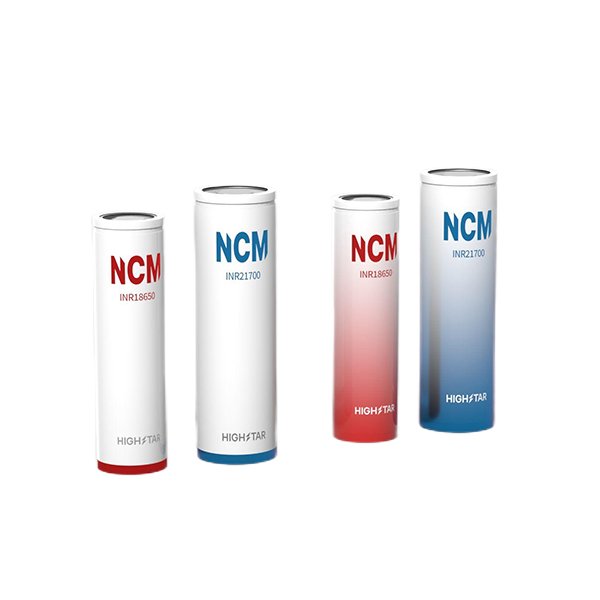The Power of Solvents: Exploring the Chemicals Used to Clean Engine Parts

When it comes to maintaining the performance and longevity of an engine, regular cleaning and maintenance are essential. One crucial aspect of engine maintenance is the use of specialized chemicals to clean engine parts. In this article, we will delve into the world of engine cleaning solvents, exploring their types, properties, and applications. By understanding the various chemicals used in engine cleaning, you can make informed decisions to optimize your engine's performance and extend its lifespan.
- Degreasers:
Degreasers are a common type of chemical used to clean engine parts. They are specifically designed to remove grease, oil, and dirt buildup from engine components. The primary active ingredient in degreasers is typically a solvent, such as petroleum distillates or citrus-based solvents. These solvents effectively dissolve and break down stubborn grease and grime, making it easier to remove them from engine parts. - Solvent-based Cleaners:
Solvent-based cleaners are another category of chemicals used in engine cleaning. These cleaners contain powerful solvents like acetone, toluene, or xylene. Solvents are effective at dissolving various contaminants, including oil, carbon deposits, and varnish, which can accumulate on engine parts over time. Solvent-based cleaners are often used for deep cleaning tasks, such as removing stubborn carbon buildup from combustion chambers or cleaning fuel injectors. - Alkaline Cleaners:
Alkaline cleaners, also known as caustic cleaners, are commonly used in engine cleaning due to their ability to remove heavy grease and oil deposits. These cleaners contain alkaline substances like sodium hydroxide or potassium hydroxide, which have high pH levels. Alkaline cleaners work by breaking down and emulsifying grease and oil, making them easier to rinse away. They are particularly effective for cleaning engine blocks, cylinder heads, and other heavily soiled engine parts. - Emulsion Cleaners:
Emulsion cleaners are a unique type of engine cleaning chemical that combines the properties of solvents and detergents. These cleaners contain a blend of solvents, surfactants, and water. The solvents help dissolve oil and grease, while the surfactants create an emulsion that suspends the contaminants in water, allowing them to be easily rinsed away. Emulsion cleaners are often used for general engine cleaning tasks, providing a balance between solvent-based and water-based cleaning methods.
Conclusion:
Engine cleaning is a vital aspect of engine maintenance, and the choice of cleaning chemicals can significantly impact the effectiveness of the cleaning process. Degreasers, solvent-based cleaners, alkaline cleaners, and emulsion cleaners are just a few examples of the chemicals used to clean engine parts. By understanding their properties and applications, you can select the most suitable cleaning chemical for your specific engine cleaning needs. Regular and thorough cleaning using these specialized chemicals will help optimize engine performance, improve fuel efficiency, and prolong the lifespan of your engine.




